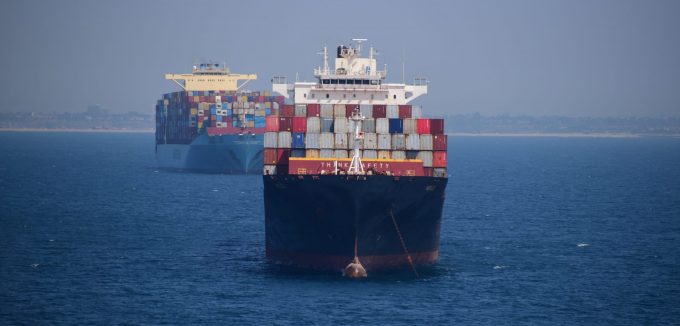There may be light at the end of the supply chain tunnel of gloom
High inflation, elevated energy costs, raised interest rates and a lack of labour are the ...

The combination of congestion at US west coast ports and low interest rates is allowing US importers to use containerships as ’offshore warehouses’, mitigating logistics costs.
According to freight visibility company project44, transit times from China to Los Angeles have nearly tripled, with freight taking up to 60 days to be cleared through LA and Long Beach ports – its data suggests an average of 540,255 teu per month was waiting to berth at LA.
Figures from p44 and HSBC estimate the ...
Asia-USEC shippers to lose 42% capacity in a surge of blanked sailings
USTR fees will lead to 'complete destabilisation' of container shipping alliances
New USTR port fees threaten shipping and global supply chains, says Cosco
Outlook for container shipping 'more uncertain now than at the onset of Covid'
Transpac container service closures mount
DHL Express suspends non-de minimis B2C parcels to US consumers
Zim ordered to pay Samsung $3.7m for 'wrongful' D&D charges
Uncertainty over US tariffs sparks interest in bonded warehouses for imports

Comment on this article